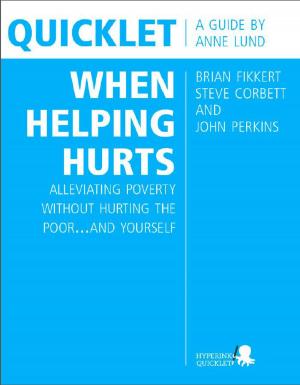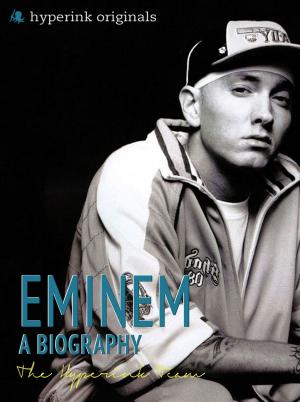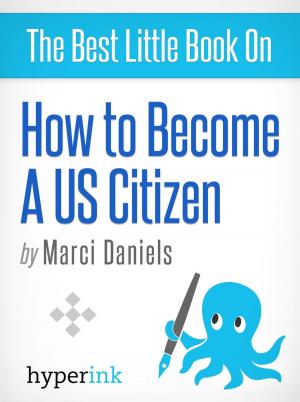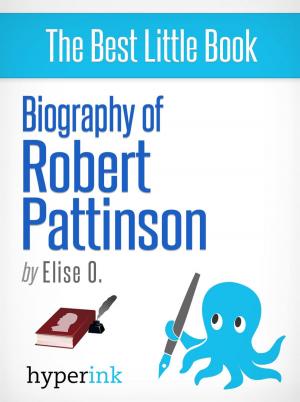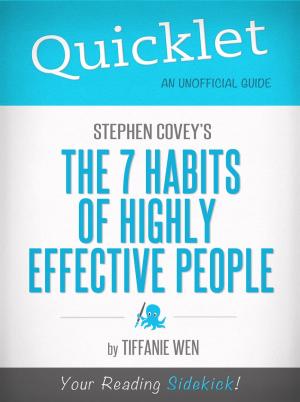Malcolm X: A Biography: The life and times of Malcolm X, in one convenient little book.
Biography & Memoir, Literary| Author: | Steven Takamura | ISBN: | 9781614643166 |
| Publisher: | Hyperink | Publication: | May 17, 2012 |
| Imprint: | Hyperink - Malcolm X Bio | Language: | English |
| Author: | Steven Takamura |
| ISBN: | 9781614643166 |
| Publisher: | Hyperink |
| Publication: | May 17, 2012 |
| Imprint: | Hyperink - Malcolm X Bio |
| Language: | English |
Malcolm X was a famous African-American human rights activist and spokesperson for Black Nationalism in the United States. As a polarizing figure within the media of mid-20th century America, he attracted massive plaudits from his followers and huge criticisms from his opponents. Departing from the passive practices of his contemporaries, Malcolm advocated a much more aggressive approach in the fight for the civil rights of African-Americans. His speeches electrified his audiences and terrified his enemies. As if in narrative, it was during one of his speeches, doing what he did best, that Malcolm was assassinated by three gunmen set on silencing him.
With his family moving several times due to racist incidents as a boy, Malcolm's negative views towards white people and institutionalized racism developed early. Never settling for long and watching his family fall apart, he fell into a young life of crime and was sent to a juvenile detention center at the age of 13. It was that same year that his mother was placed in a mental institution. Leaving school at 15, he became involved with gambling, drug dealing, and racketeering, before eventually being sent to prison for breaking and entering at the age of 20. It was there, through a friend, that he discovered the power of words for the first time. Encouraged by his brothers from the outside, he found religion, became a Muslim and joined the Nation of Islam. Upon his release he became a minister for the Nation of Islam and quickly rose through their ranks.
Malcolm X was a famous African-American human rights activist and spokesperson for Black Nationalism in the United States. As a polarizing figure within the media of mid-20th century America, he attracted massive plaudits from his followers and huge criticisms from his opponents. Departing from the passive practices of his contemporaries, Malcolm advocated a much more aggressive approach in the fight for the civil rights of African-Americans. His speeches electrified his audiences and terrified his enemies. As if in narrative, it was during one of his speeches, doing what he did best, that Malcolm was assassinated by three gunmen set on silencing him.
With his family moving several times due to racist incidents as a boy, Malcolm's negative views towards white people and institutionalized racism developed early. Never settling for long and watching his family fall apart, he fell into a young life of crime and was sent to a juvenile detention center at the age of 13. It was that same year that his mother was placed in a mental institution. Leaving school at 15, he became involved with gambling, drug dealing, and racketeering, before eventually being sent to prison for breaking and entering at the age of 20. It was there, through a friend, that he discovered the power of words for the first time. Encouraged by his brothers from the outside, he found religion, became a Muslim and joined the Nation of Islam. Upon his release he became a minister for the Nation of Islam and quickly rose through their ranks.

